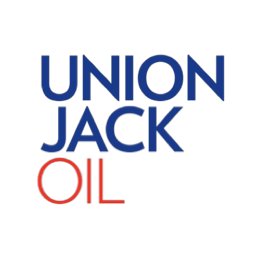Oil futures experienced an upward trend on Thursday following the U.S. Energy Information Administration’s (EIA) report of a decline in crude oil inventories and data indicating a cooling jobs market. These factors have led to speculation that the Federal Reserve might soon reduce interest rates.
Brent crude futures closed at $85.71 per barrel, marking an increase of 64 cents or 0.75%. The session’s peak was $85.89, the highest since May 1. Similarly, U.S. West Texas Intermediate (WTI) futures for July, which expire on Thursday, concluded at $82.17 per barrel, up by 60 cents or 0.74%.
Phil Flynn, an analyst with Price Futures Group, noted that the market is experiencing a definite bounce. The EIA reported that crude inventories decreased by 2.5 million barrels in the week ending June 14, bringing the total to 457.1 million barrels. This reduction surpassed analysts’ expectations of a 2.2 million-barrel draw, as indicated in a Reuters poll.
Meanwhile, stocks at the Cushing, Oklahoma, delivery hub for U.S. crude futures increased by 307,000 barrels, according to the EIA. Despite Israeli forces’ continued attacks in the Gaza Strip and deeper advances into Rafah, these geopolitical tensions are currently being overshadowed by expectations of an inventory build, according to Priyanka Sachdeva, a senior market analyst at Phillip Nova.
Summer demand for oil, refinery operations, weather-related risks, and extended production cuts by the OPEC+ group are expected to tighten oil balances and reduce inventories during the summer months, according to JPMorgan commodities analysts. The Bank of England has maintained its main interest rate at a 16-year high of 5.25% ahead of Britain’s national election on July 4.
Due to a U.S. public holiday, there was no WTI settlement on Wednesday, resulting in subdued trading. The more active August contract increased by 60 cents to $81.31.
Last week, the number of Americans filing new claims for unemployment benefits decreased. As the Federal Reserve has tightened its policy to combat inflation, labour market momentum has waned alongside the overall economy. With inflationary pressures easing, the possibility of a rate cut this year remains viable.
Lower interest rates could bolster oil prices, which have struggled this year due to weak global demand. A reduction in U.S. rates would lower borrowing costs in the world’s largest economy, potentially boosting the demand for oil as production ramps up. ActivTrades analyst Ricardo Evangelista added that oil prices are also likely to remain supported by increasing geopolitical risks, particularly from conflicts in the Middle East.
Union Jack Oil plc (LON:UJO) is an onshore oil and gas exploration company with a focus on drilling, development and investment opportunities in the United Kingdom hydrocarbon sector.

